EU Sport Forum 2025 Held in Krakow
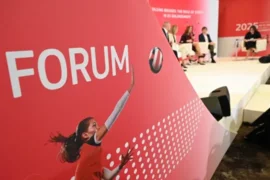
The EU Sport Forum 2025 took place on April 10–11 in Kraków, Poland, bringing together key stakeholders from across Europe to discuss the future of sport in the European Union. Organised by the European Commission, in cooperation with the Polish presidency of the Council of the European Union, the Forum served as a key platform for dialogue between the sport community and EU institutions, promoting cooperation and policy development in the field of sport.
This year’s edition focused on several timely and strategic topics, including the future of the European Sport Model, sport’s role in education, athletes’ rights and wellbeing, piracy of live sports events, sport and EU enlargement, foreign investments in European football, Artificial Intelligence in sport, and the implementation of Erasmus+ Sport actions. The event was also available to follow online via livestream.

The Forum opened with high-level contributions underlining the importance of solidarity, values and competitiveness in shaping a sustainable and inclusive European Sport Model. Glenn Micallef, European Commissioner for Intergenerational Fairness, Youth, Culture and Sport, emphasised the importance of institutional cooperation to safeguard sport’s values. He was joined by Slawomir Nitras, Polish Minister of Sport and Tourism, and Aleksander Miszalski, Mayor of Krakow, who both highlighted the significance of the Forum being hosted in Poland.

A powerful keynote address was delivered remotely by Thomas Bach, President of the International Olympic Committee (IOC), further reinforcing the global relevance of the topics discussed.

The presentation of the 2026 Milano-Cortina Olympic Winter Games by Diana Bianchedi, Chief Strategy Planning & Legacy Officer of the organising foundation, added a forward-looking dimension to the discussions.
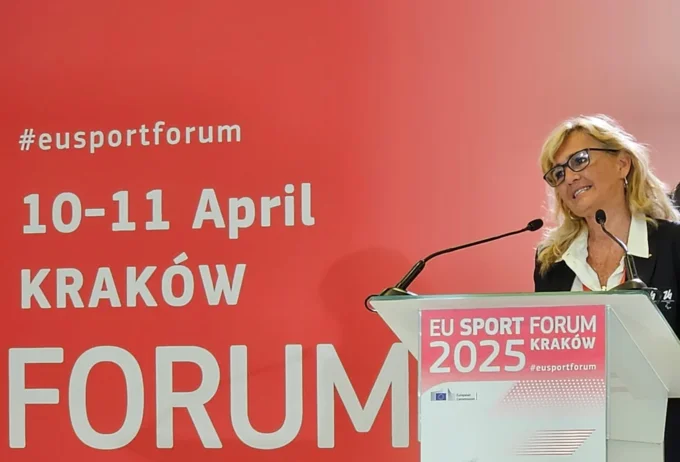
One of the highlights of the first day was also the high-level panel on strengthening our European sport model based on solidarity, values and competitiveness. After the introductory remarks by Bogdan Zdrojewski, Member of the European Parliament, the discussion was moderated by Georg Häusler, Director of Culture, Creativity and Sport at the European Commission. Panellists were Glenn Micallef, European Commissioner for Intergenerational Fairness, Youth, Culture and Sport; Laura Mc Allister, Vice President of UEFA; Spyros Capralos, President of the European Olympic Committees (EOC); Natalia Orive, President of European Athletes and Players Association (EAPA) and Duarte Lopes, Chief of Staff to the Secretary of State for Sport in Portugal.

There were also two sets of parallel sessions offered on April 10; first with the role for sport in education discussed in one group, and the rights and wellbeing of athletes in the other. Second set of parallel sessions offered discussion on piracy of live sport events, while the rest of participants were able to contribute to the discussion on sport actions under the future Erasmus+ programme.
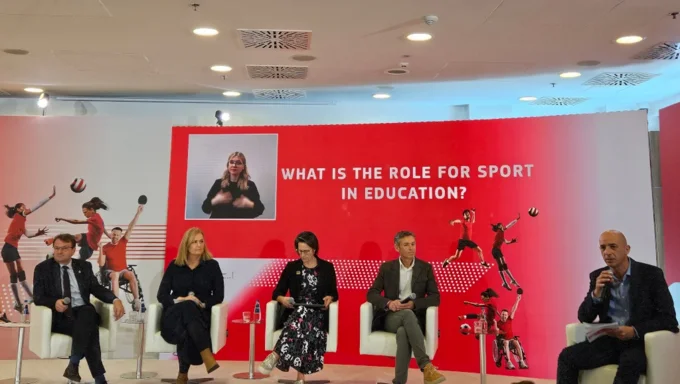
Apart from the educational and networking opportunities, also sport activities were offered in the Sport Village of the EU Sport Forum, as well as outdoor ones. The first day concluded with a gala dinner, featuring sport and artistic performances.
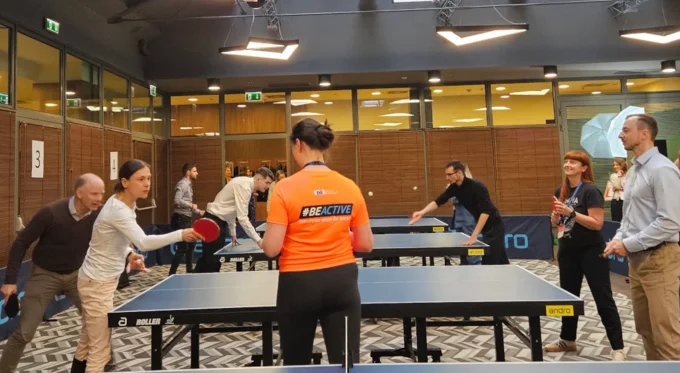
On the second day of the event, special attention was given to inclusion and empowerment through sport, with keynote speeches by David Evangelista, President and Managing Director of Special Olympics Europe Eurasia, and Shanaia Xuereb, a Special Olympics athlete from Malta, who offered an inspiring perspective on the transformative power of sport. Interview with athletes completed the first session.

High-level panel on the second day focused on building bridges and the role of sport in EU enlargement. Moderated by Paola Ottonello, Team Leader at the Sport Unit of teh European Commission, the panellists were Matviy Bidnyi, Minister of Youth and Sports of Ukraine; Sandra Bergqvist, Minister of Youth, Sport and Physical Activity of Finland; Kersti Kaljulaid, President of the Estonian Olympic Committee; and Kurt Wachter, Project manager at VIDC.
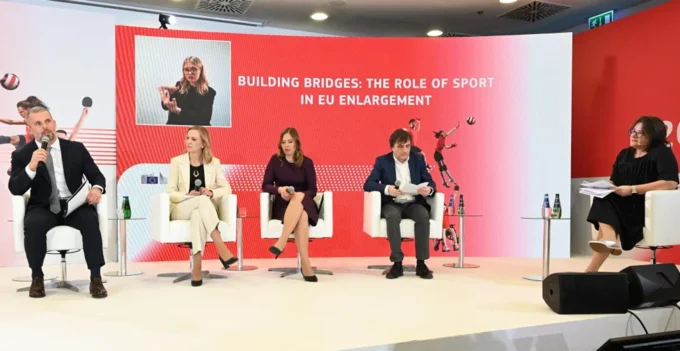
The last set of parallel sessions offered discussions on foreign investments in European football in one session and in the other, the insights on artificial intelligence (AI) in sport and what is coming ahead.
In his closing remarks, Georg Häusler, Director for Culture, Creativity and Sport at the European Commission, reflected on the key takeaways of the Forum and reiterated the Commission’s commitment to further supporting sport in Europe through collaborative and innovative approaches.
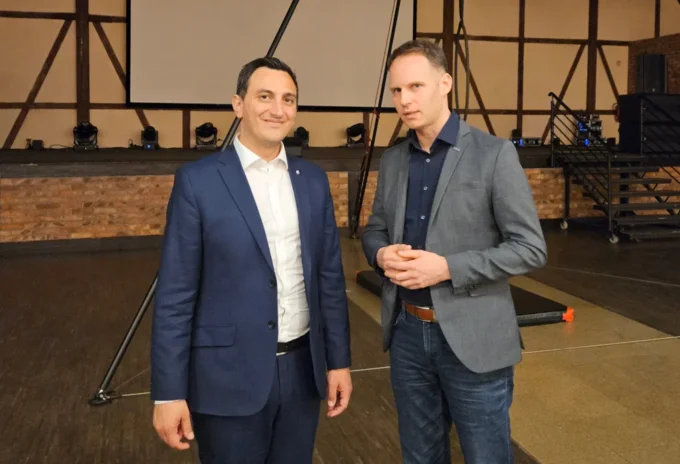
European University Sports Association (EUSA) and its Institute were represented at the event by Andrej Pisl, Director Projects and Policy. At the occasion he also met with Commissioner Micallef, as well as with several representatives of partner organisations, including the European Olympic Committees (EOC), European Non-Governmental Sports Organisation (ENGSO), European Athlete as Student (EAS), European Fair Play Movement (EFPM) and others.


Furthermore, at the event also the projects, supported by the European Union which EUSA is coordinating or partnering have been promoted – especially the DiscoverU (Discovering university sport and supporting dual career), YouMind (Youth Individual Sports Mindset), FUSION (Future links for University athletes with Sports clubs Integrating Organised Networks), Fit4Green (Fit For Green), EWWS (European Week of Winter Sport), Runners4All (Runners For All - European Students Run), youth exchanges and mobilities of youth workers, as well as European Solidarity Corps (ESC).

The EU Sport Forum 2025 once again affirmed its role as a pivotal event for shaping the European sport agenda, fostering networking, dialogue, cooperation and driving positive change across the continent.
More information: https://sport.ec.europa.eu/event/eu-sport-forum-2025
